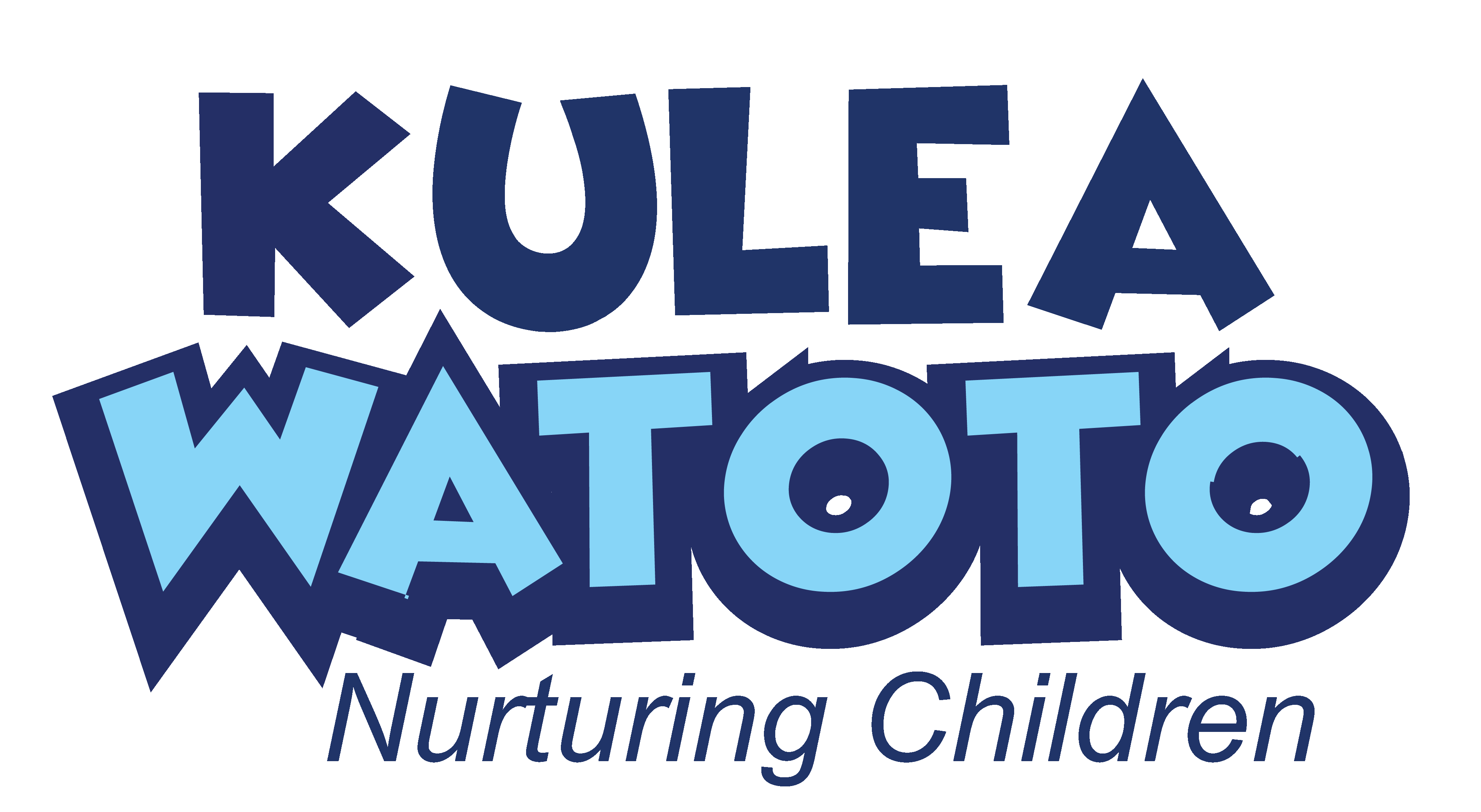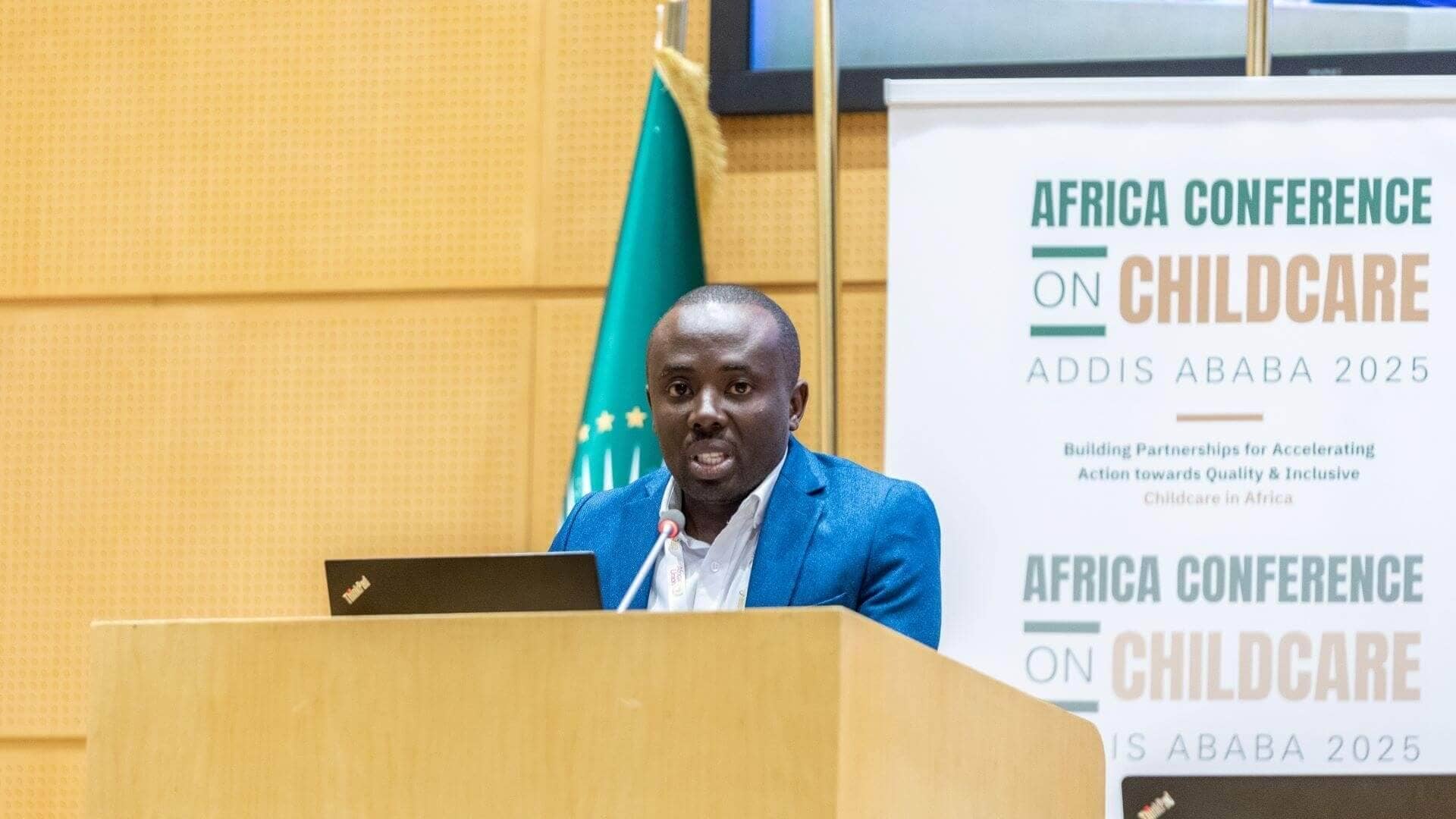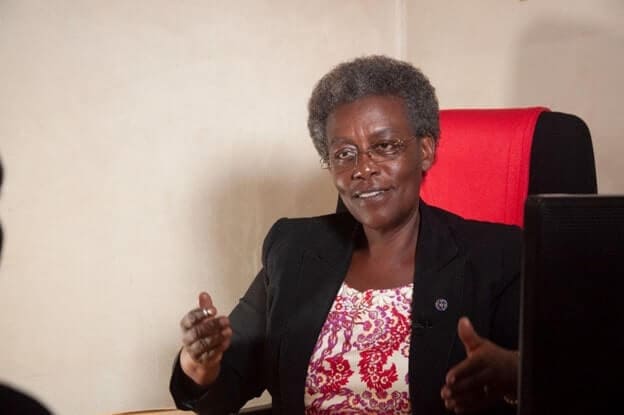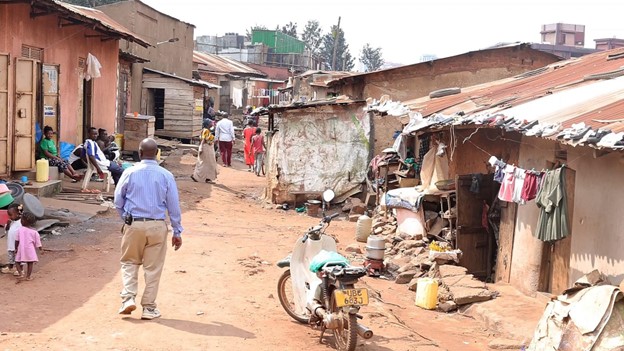The Day of African Child: Nurturing Children to Realize their Full Potential
The Day of African Child: Nurturing Children to Realize their Full Potential
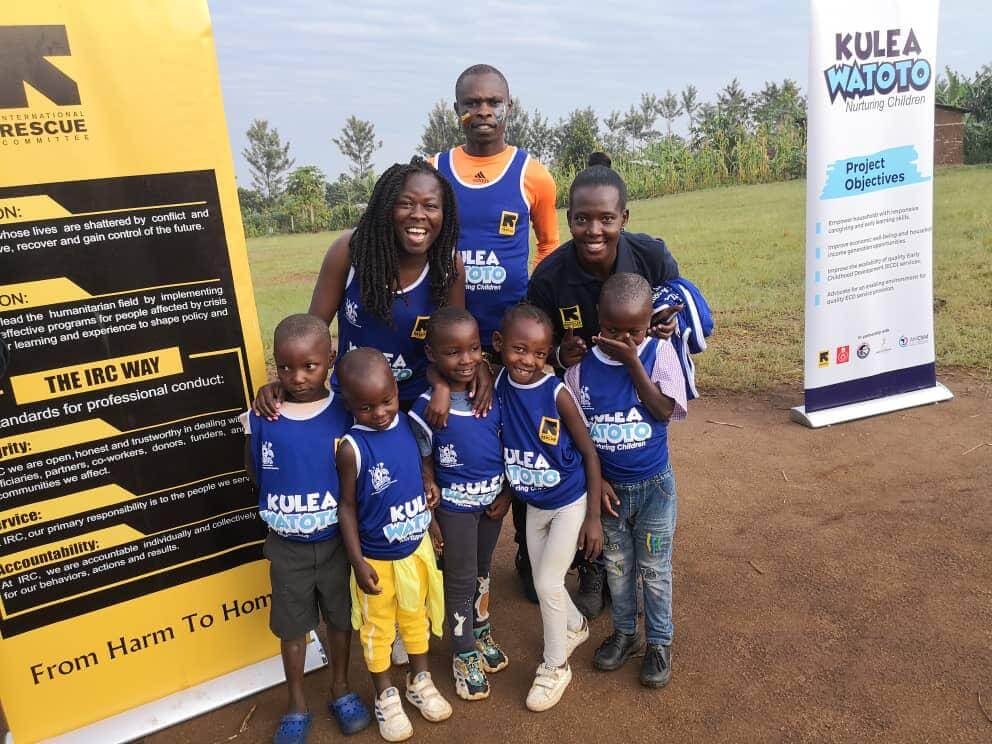
Born in one of the slums in Kampala, Joyce, a four-year-old, lives with her single mother who sells yellow bananas on the streets to earn a living. They survive on one meal a day and sometimes go without a reasonable meal on a bad day. Most of the time when her mother goes to hawk the yellow bananas, Joyce stays with other children in the neighborhood under the supervision of another child who is about twelve years. Unlike some children her age who go to nursery schools or daycare centers close to her neighborhood, Joyce does not attend nursery school – her mother can’t afford the fees and thinks she is still too young for school anyway. Similar to many children particularly in rural Uganda, Joyce is missing out on a critical learning stage she will never get back due to the limited access to quality early childhood education and care.
Uganda joins the rest of the African countries to commemorate the 2023 Day of African Child under the theme ‘Promoting and Protecting Children’s Rights in the Digital Era.’ This day is commemorated every 16th of June in honor of the children who participated in the 1976 Soweto uprising, in South Africa. Hundreds of children lost their lives during this demonstration in pursuit of their right to quality education and in 1991, the Organisation of African Union (now the African Union) made this a special day in remembrance of their sacrifice.
In this fast-paced era of technology, there should be collaborative efforts from all stakeholders to ensure that children, teachers, and caregivers are supported to harness digital technology for the enhancement of learning and meaningful play. Technology should also facilitate the coordination of efforts by the different actors promoting and protecting children’s rights, particularly the right to quality education and care. Every child deserves a nurturing and supportive environment to grow and thrive. Taking action to defend and advance that right is especially important for Africa where millions of children still face significant challenges.
Promoting Children’s Rights and Early Childhood Development
With adequate support and commitment, early childhood development programs can play a huge and positive role in the effort to promote the rights of children. All children, regardless of their race, gender, or social status, have the right to be protected from harm, to have access to quality education, and to be treated with dignity and respect.
The first few years of a child's life are critical for brain development and learning. Evidence shows that children who receive quality care and education during this time are more likely to succeed in school and life. Unfortunately, many children lack access to quality early childhood programs, which can lead to poor outcomes later in life.
The government of Uganda has in place the National Integrated Early Childhood Development Policy (IECD) 2016 and the National Child Policy 2020. The IECD Policy presents a comprehensive approach to policies and programs designed for children from conception to eight years of age, their parents, and caregivers purposely to help the children grow and thrive physically, mentally, emotionally, spiritually, morally, and socially. The Child Policy emphasizes the protection and promotion of four cardinal rights of a child: Survival, Development, Protection, and Participation. These show the government’s commitment to support child-focused interventions and programs. However, more efforts are still needed.
For example, only about 20% of the children between 3-5 years in Uganda have access to pre-primary education compared to their counterparts in the region including Kenya at 53.5%, Tanzania at 35.5%, and Rwanda at 29%. Research reports indicate that Uganda has high levels of undernutrition with about 29% or 3 in 10 children below 5 years of age being stunted. This situation is worse among children living in humanitarian or emergency situations. Malnutrition can have long-lasting effects on a child’s health and development. Children who are malnourished are more likely to suffer from illness and disease, have stunted growth, and experience poor cognitive development.
To complement government efforts, non-government actors are implementing innovative models to address the multitude of issues children and their families face. The International Rescue Committee (IRC) in Uganda and its partners are implementing a two-generational model called Kulea Watoto translated as nurturing children that targets not only children under five but also their parents and caregivers. Children of five years and under are supported to access quality early childhood development services including early learning while the parents and caregivers are empowered to provide responsive care through training and income-generating activities.
Financial resources invested in early childhood development especially, pre-primary schooling has a return of 60% in terms of future incomes, productivity, and good health. According to the Budget Monitoring and Accountability Unit in the Ministry of Finance, for every UGX 1,000 invested in Universal Primary Education (UPE), the government of Uganda loses UGX 600 because most of the children have not accessed pre-primary education. Early childhood development needs to be prioritized and this should reflect in the funding streams of the relevant government ministries and agencies. Also, there is a need to boost efforts for the economic empowerment of women since they play a crucial role in naturing children.
Evidence shows that if the government invests in early childhood development with precision and commitment, it will be making a huge and positive down payment on Uganda’s future – setting up the next generation for success.
About the author:
Godfrey Mwesigye works with the International Rescue Committee as the Senior Policy and Advocacy Manager – Kulea Watoto Project.
